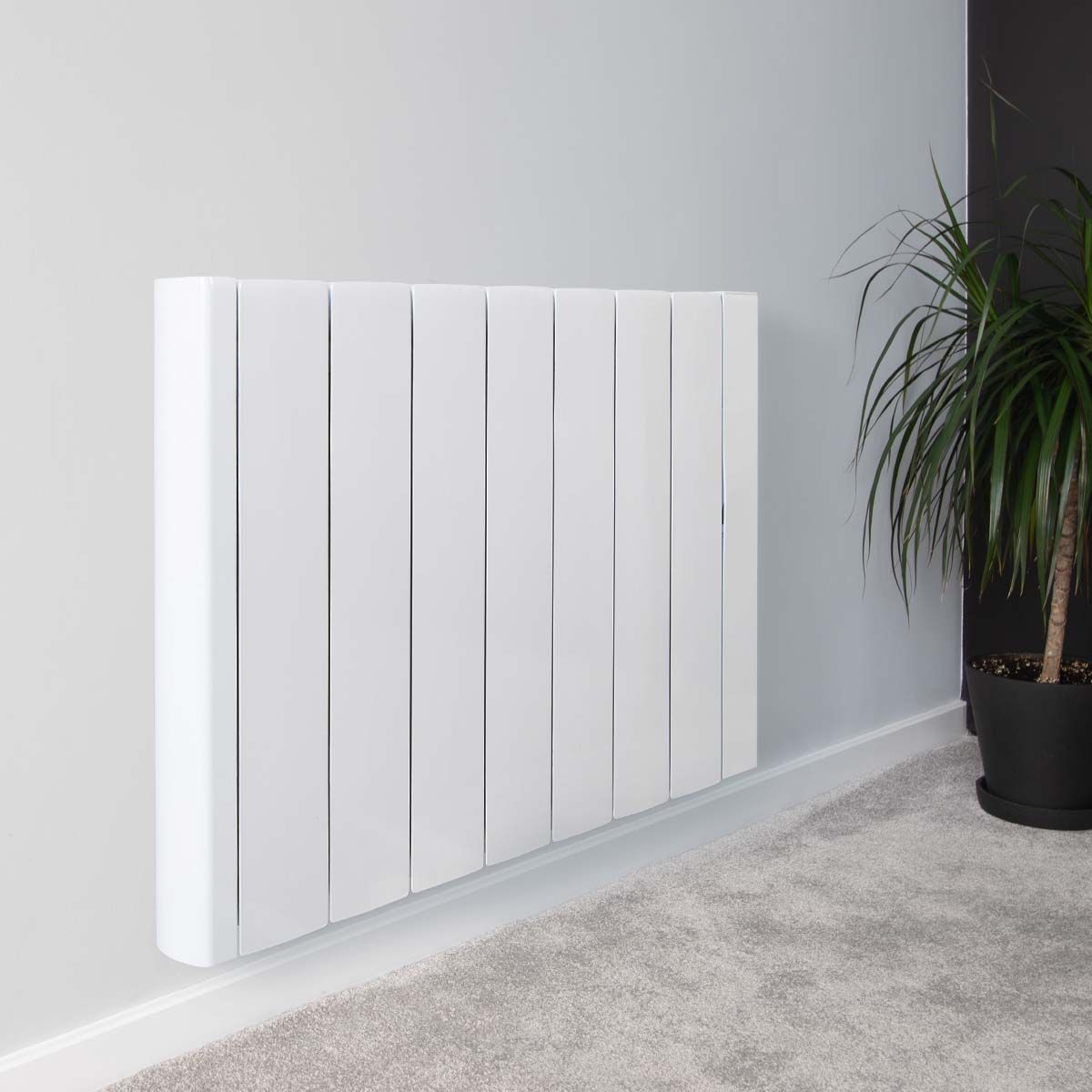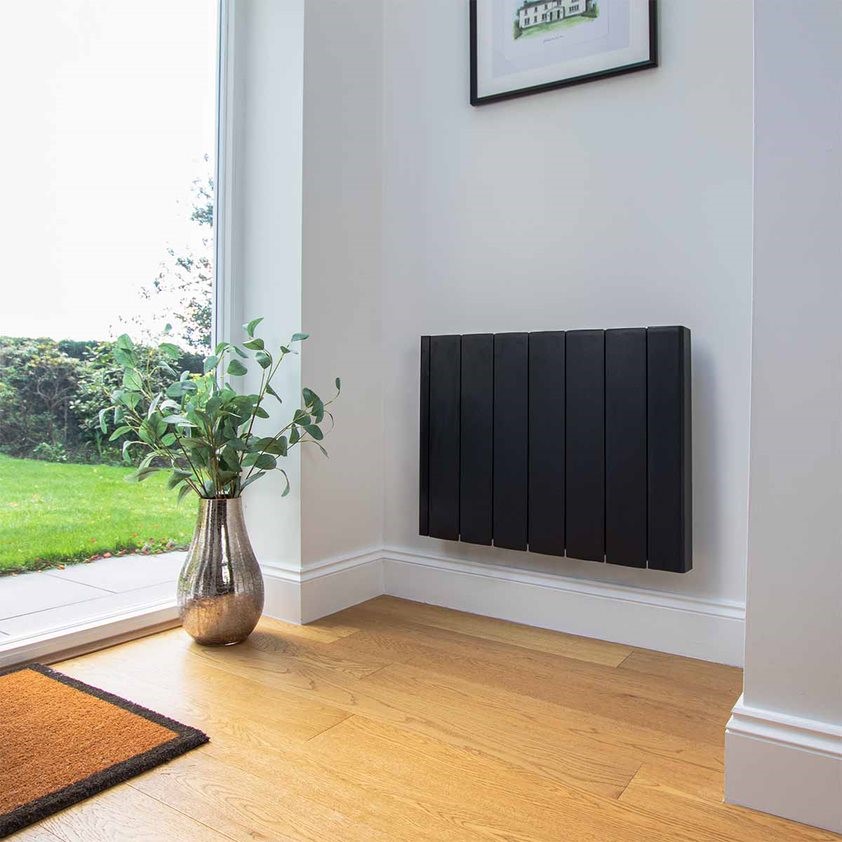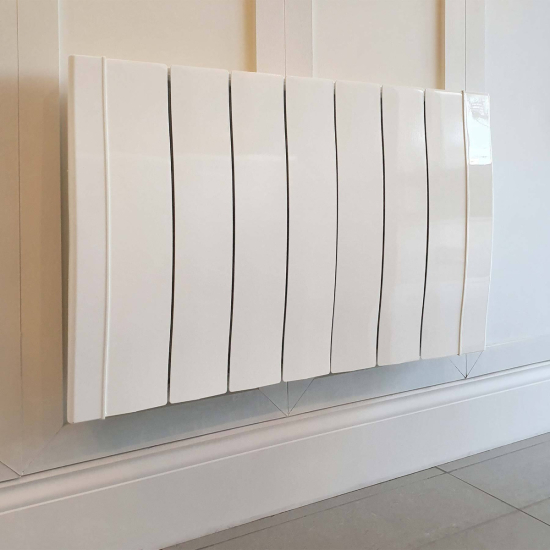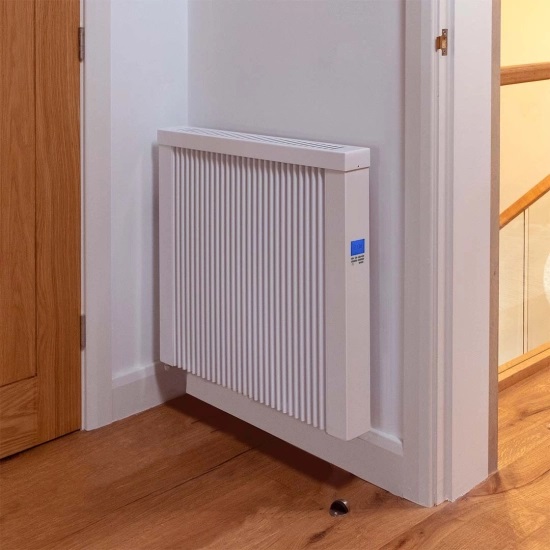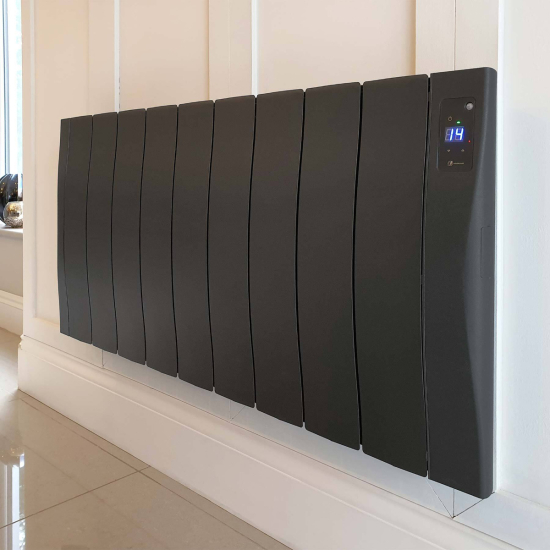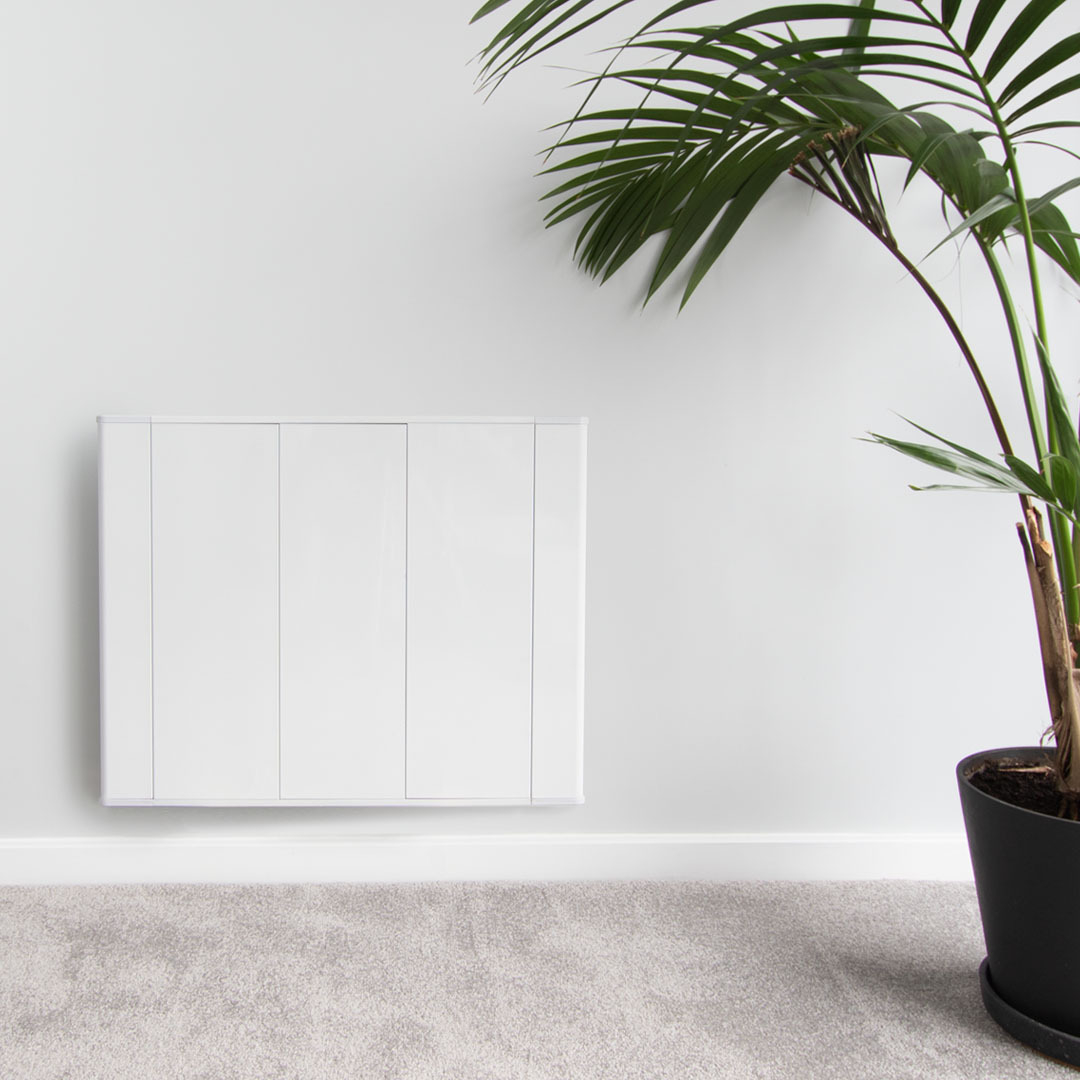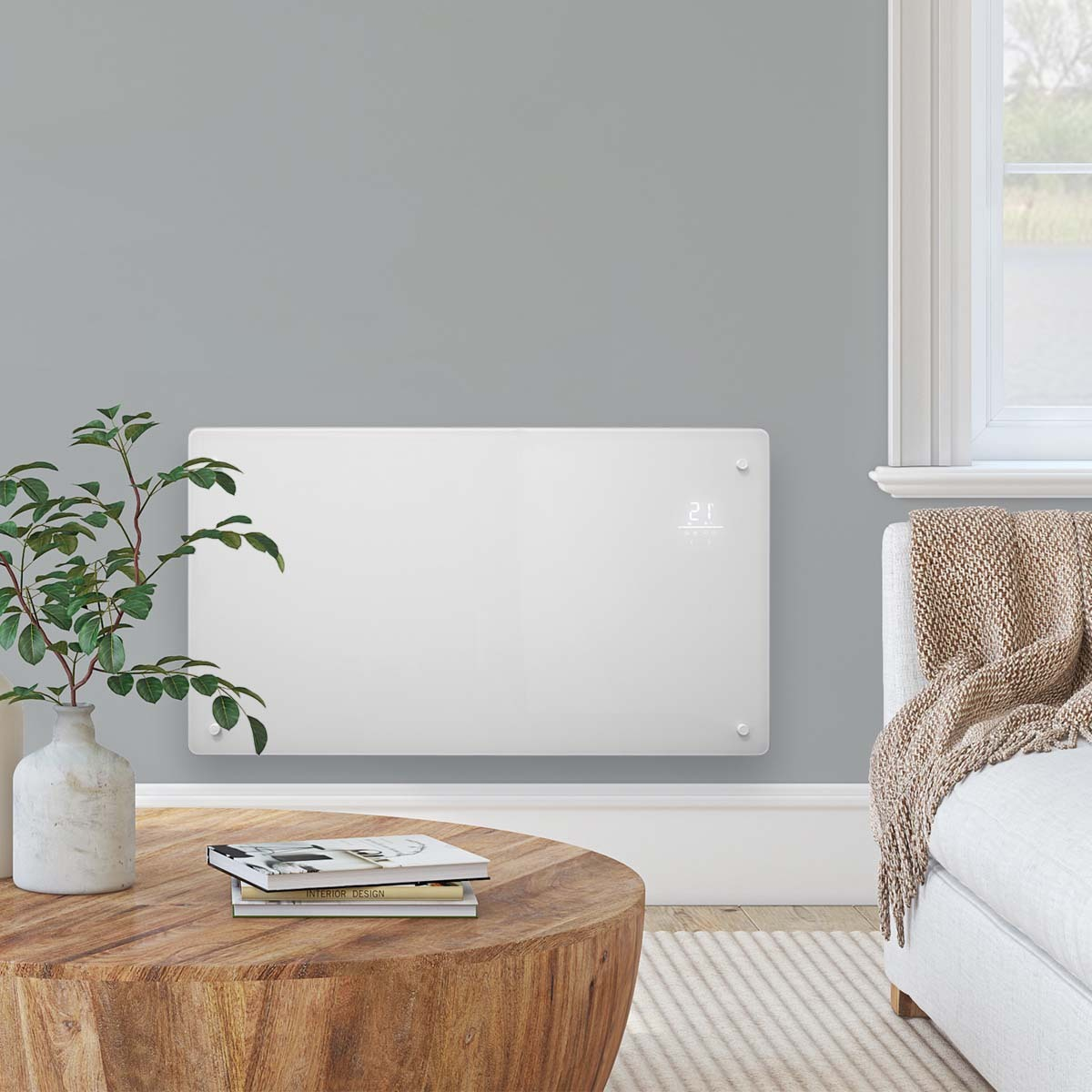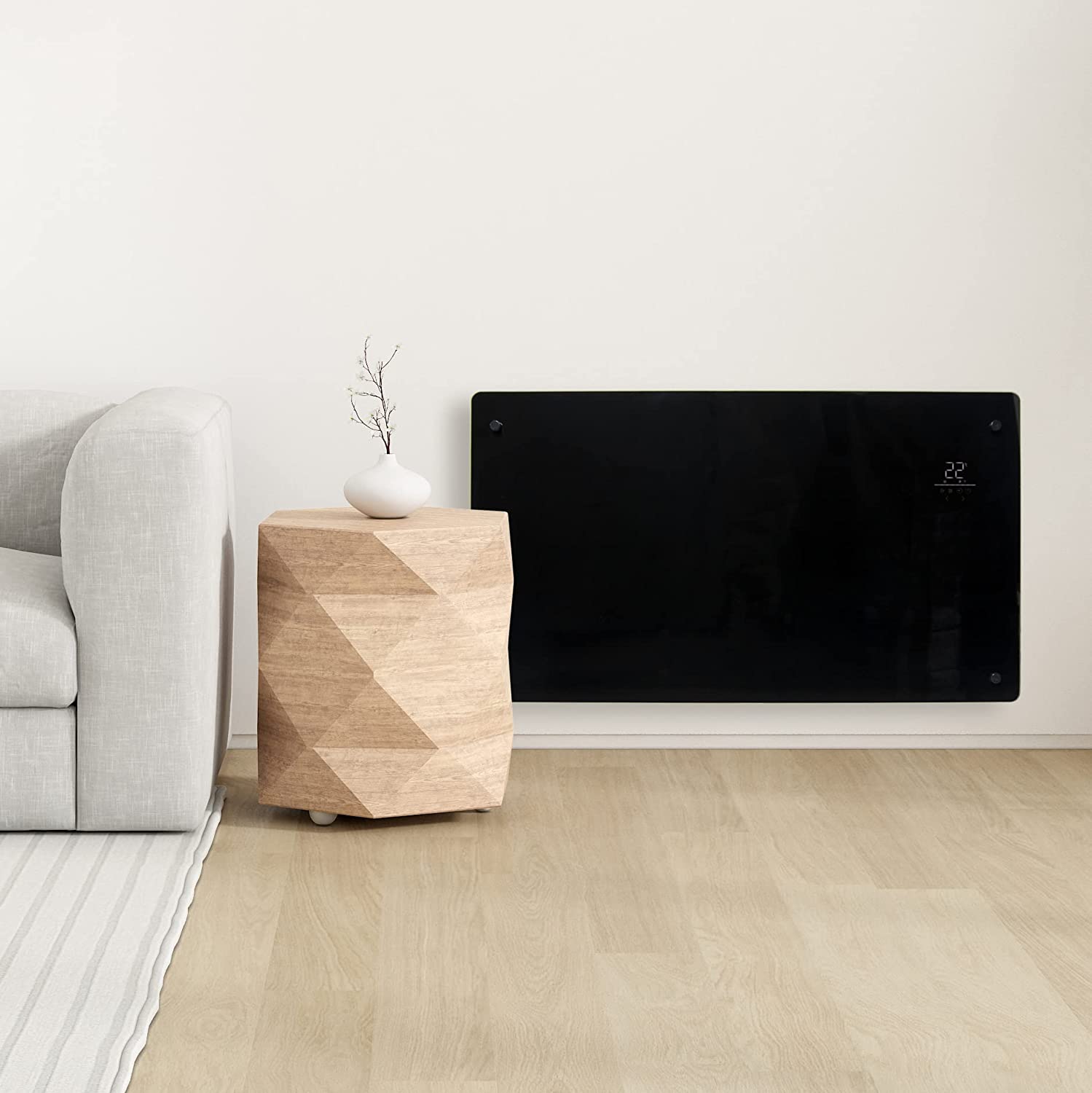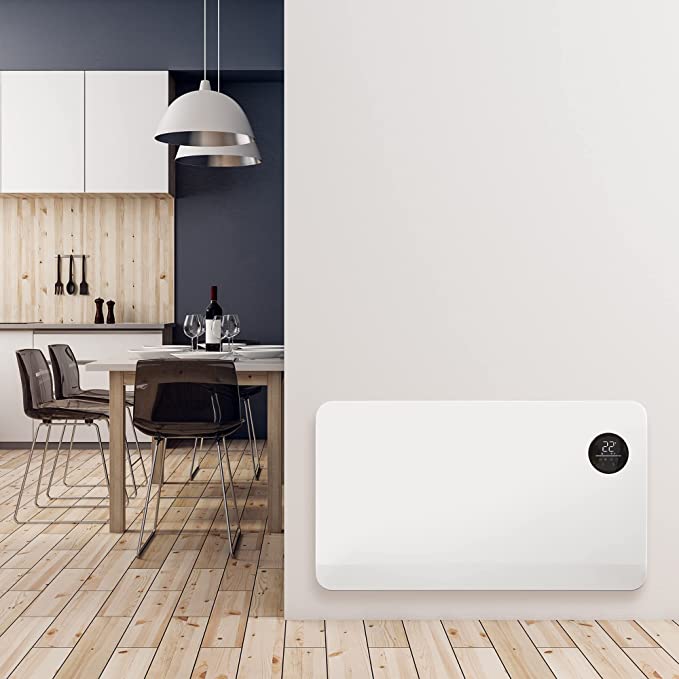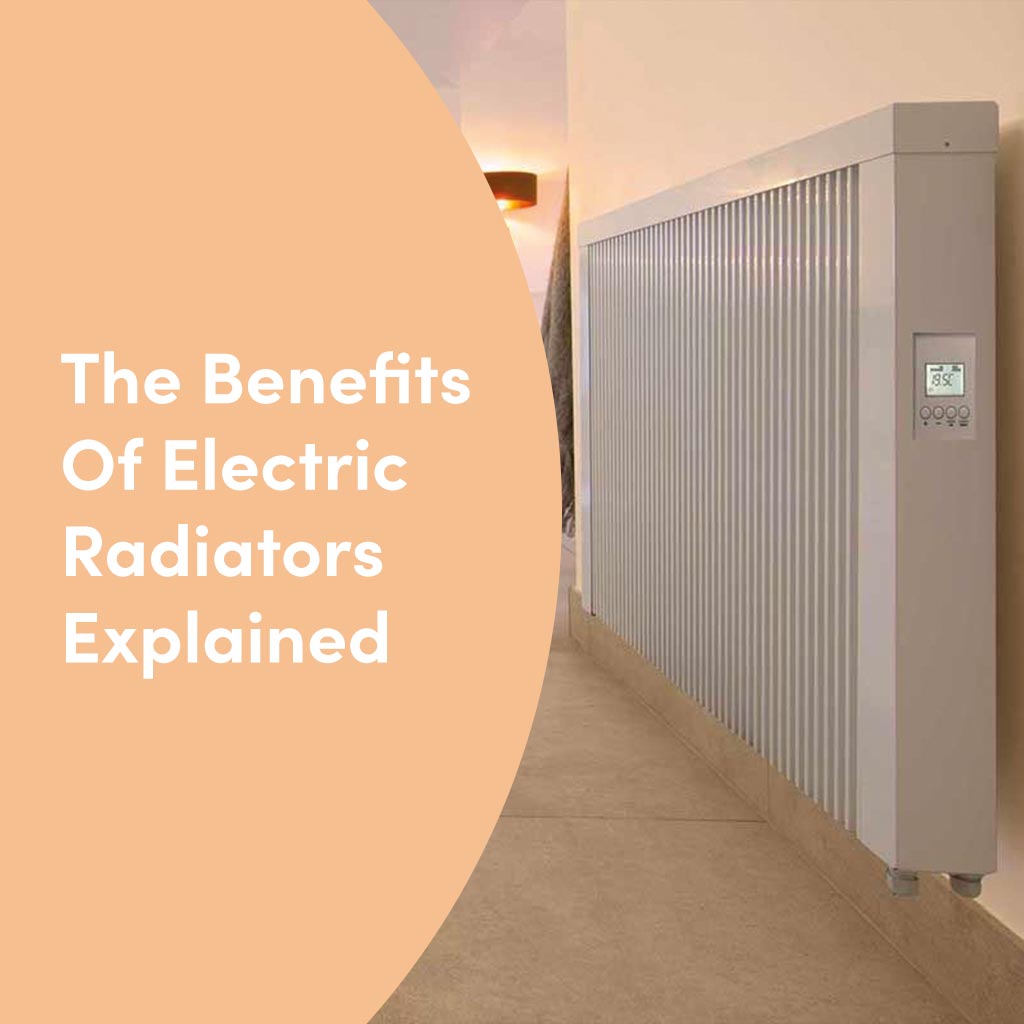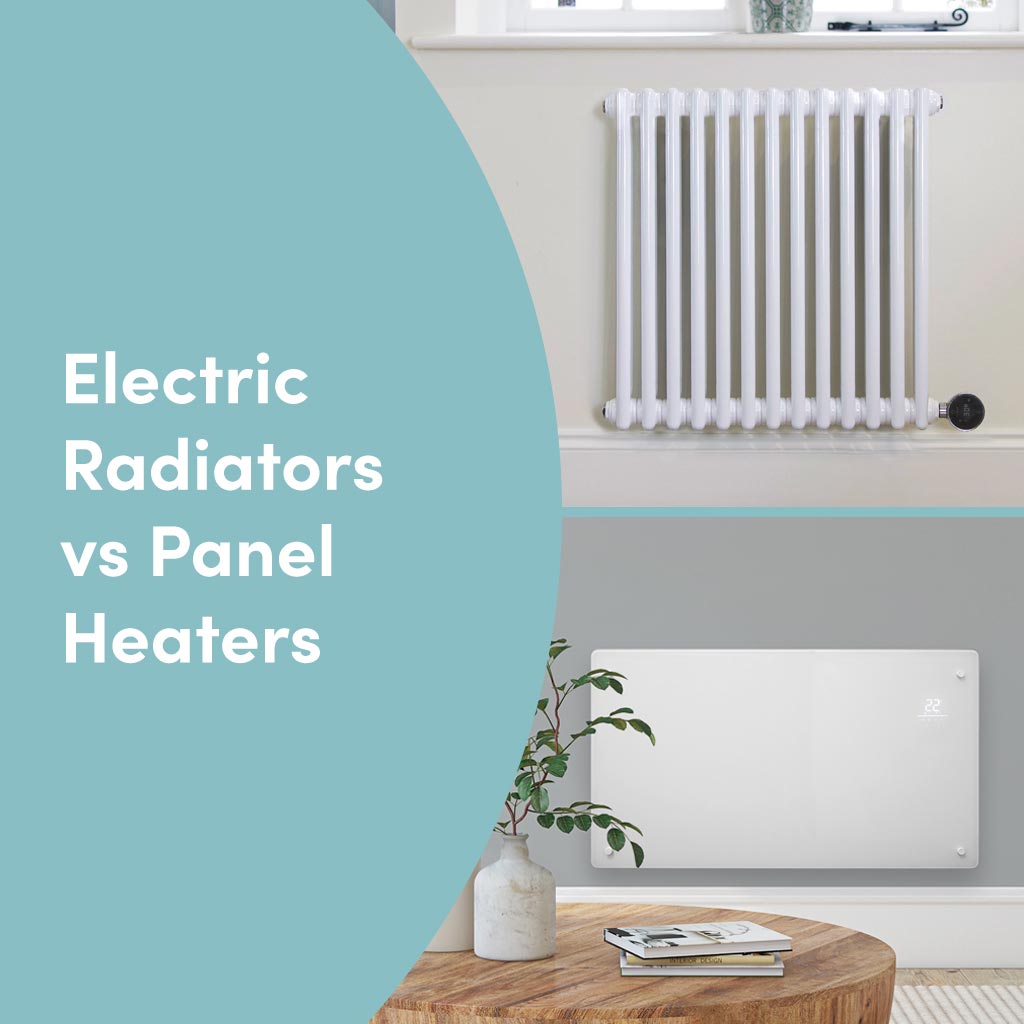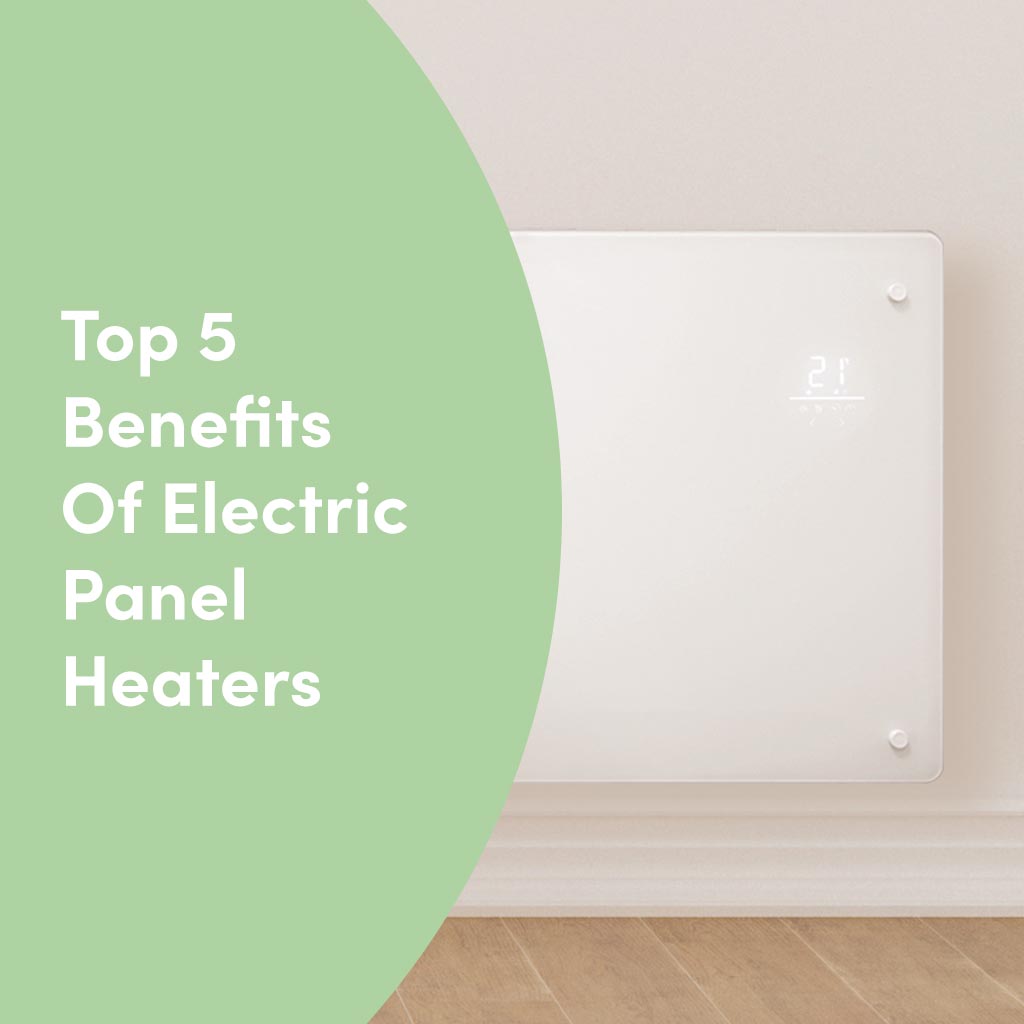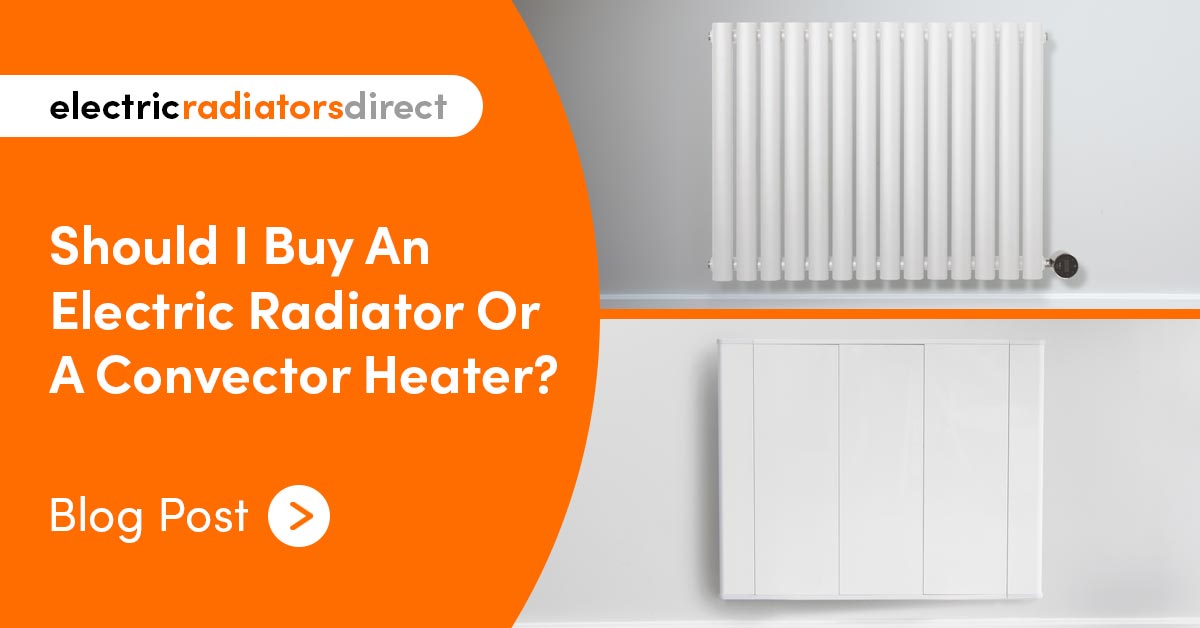

Last updated: September 2023
Electric heating comes in many forms, whether it’s programmable electric radiators, economical storage heaters, or modern infrared panels. It’s one of the best means of home heating, offering something for just about everyone. But it’s also managed to corner a specific market with a degree of success no other system has managed to replicate: portability. Electric heaters are the kings of convenience, offering unparalleled ease of use whenever we need quick top-up warmth. Though they’re not designed for primary heating, you’ll still find plenty of variation in these simple appliances. We’re taking a look at two of the most popular portable heaters on the market, electric radiators and convector heaters, to weigh up which is the best fit for your space.
When to choose an electric radiator
Electric radiators are increasing in popularity up and down the UK. They can be fitted throughout the home and make a great primary heating source because they offer effective and long-lasting warmth compared to convector heaters. Here’s how:
Best suited for


Primary heating throughout your property


Lasting and efficient heating for all day use


Open plan interiors and rooms with high ceilings
Electric radiators do not have to work as hard as convector heaters to keep the room warm, so they use less electricity for more efficient and cost-effective warmth.
How they work
Using a combination of convection and radiation, they heat the air as well as any surrounding objects, so heat isn’t easily lost to draughts. Electric radiators do not have to work as hard as convector heaters to keep the room warm, so they use less electricity for more efficient and cost-effective warmth. All of the power they draw from the wall is converted into usable heat, and with a number of energy-saving features included as standard, they are 100% efficient at point of use.
The three types of electric radiators:
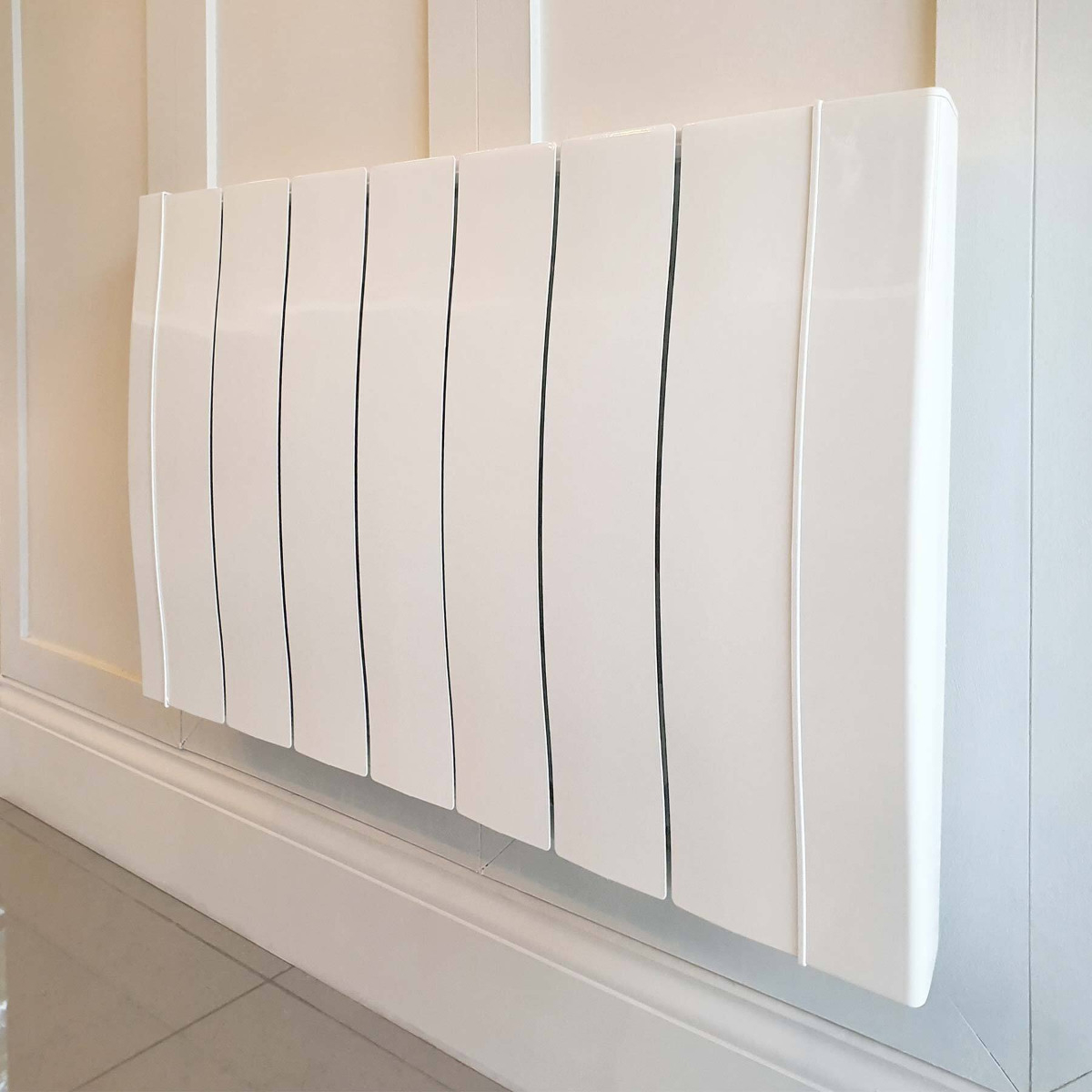

Fitted with a lightweight, aluminium element that heats up quickly, these radiators push warmth out into the room to heat both the surrounding air and you directly.
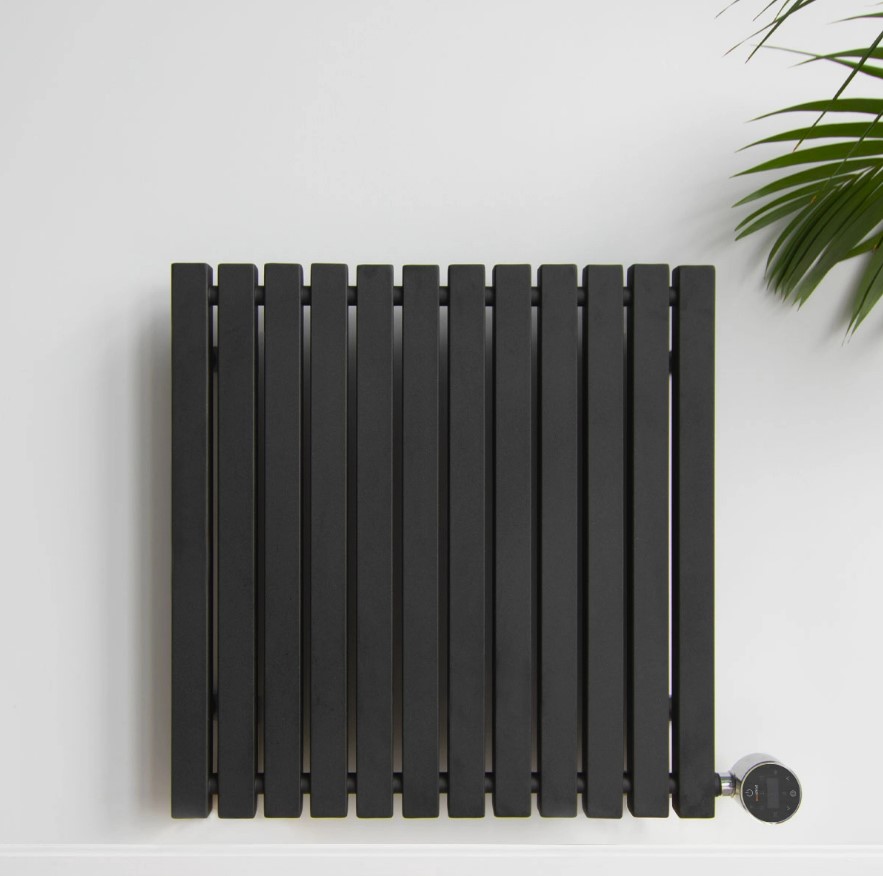

Thermal fluid is warmed up by the heating element before being evenly distributed along the surface of the radiator. For everything you need to know, check out this blog.
Our recommended electric radiator: Ecostrad iQ Ceramic
Key features:
- Efficient ceramic core
- WiFi app & voice control
- Motion Detection Mode
For the most efficient and energy-saving option, look no further than our flagship smart electric radiator, the Ecostrad iQ Ceramic. As one of our most versatile electric radiators when it comes to control, providing manual heat management, programming via WiFi, and hands-free voice control when connected to Amazon Alexa or Google Home. The iQ Ceramic even takes it one step further with a Motion Detection Mode that senses movement and turns on and off accordingly. Wall-mountable as standard, you can also purchase radiator feet to turn this into a freestanding unit. This is one of our most intelligent electric radiators yet and would be an ideal modern heating solution for any property.
We also recommend:
When to choose a convector heater
Convector heaters are all about responsive warmth and quick results. They’re the products we reach for when we need on-demand heat and they’re found just about everywhere. Top up the temperature in a yoga class, warm a home conservatory, or provide quick heat in a little-used meeting room – convector heaters are incredibly adaptable. They’re not as energy efficient as electric radiators and cost more to run if used regularly, but for total convenience, they’re exceptionally effective.
Best suited for
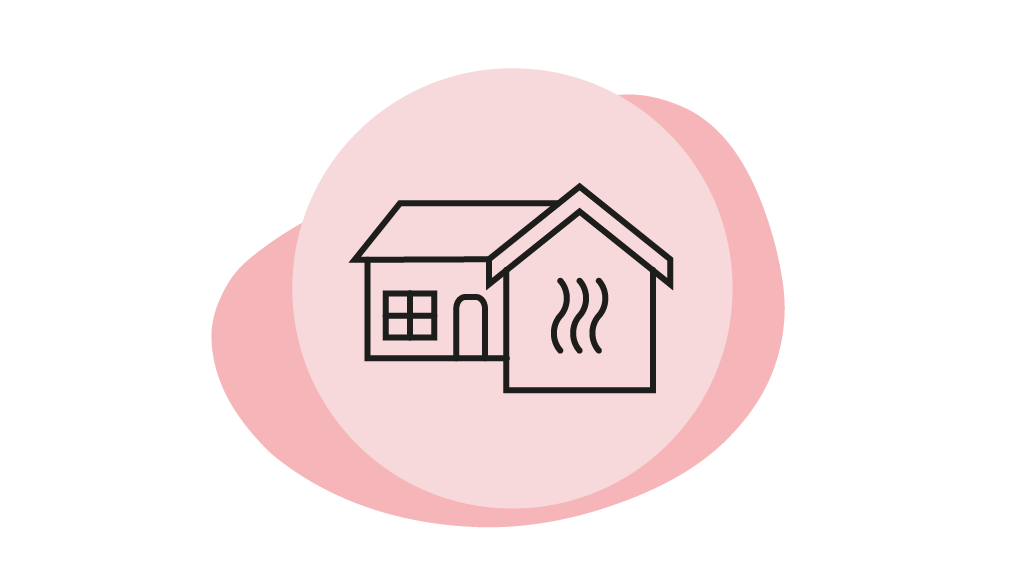

Additional heating


Topping up the temperature in harder-to-heat rooms


On-demand warmth for use in quick bursts
Every time you leave the room or open a window, you’re losing any accumulated warmth and breaking the convection cycle.
How they work
These heaters use an exposed metal element in the base that quickly heats up and spreads warmth to the surrounding air. The warm air then rises up through the heater grill and begins to circulate around the room, creating a convection current that will ensure your space is well heated. Their basic design means that convector heaters are lightweight and easy to pick up and place wherever you want. However, their reliance on convected heat means they’re much less efficient to run. Every time you leave the room or open a window, you’re losing any accumulated warmth and breaking the convection cycle. This means the heater has to work harder to try and replenish any lost heat.
Our recommended convector heater: Ecostrad iQ Plus
Key features:
- WiFi app & voice control
- Silent TRIAC digital thermostat
- Feet & wall brackets included
Just as with electric radiators, you’ve got a choice between budget and high-end models. Our Ecostrad iQ Plus electric panel heater comes with 24/7 programming and an accurate digital thermostat to help slim down your energy usage. If that wasn’t enough, it also comes with WiFi and voice control so you can manage your heating in a more convenient way. Supplied with its own feet, the iQ Plus allows for freestanding installation for portable heating.
We also recommend:
Electric radiators vs convector heaters
|
Electric Radiators
|
Convector Heaters
|
| Heat using a combination of convection and radiation to deliver fast-acting but durable warmth | Heat purely using convection. Warmth is incredibly responsive but easily lost to draughts |
| Suitable for primary heating throughout a property | Suitable for supplementary heating - ideal for topping up temperatures |
| Very efficient - warmth lasts longer using less electricity | Less efficient - relies on heating the air so often needs more electricity |
| Not all electric radiators are suitable for portable use. Radiator feet come as a purchasable extra | All convector heaters are suitable for portable use. They are lightweight, compact and come with both feet and wall brackets |
Check out our video deep dive into what makes electric radiators and panel heaters similar, different, and which one is perfect for your home if you’re weighing up your options.
Which heater is right for you?
Both electric radiators and convector heaters are excellent as portable heating solutions so you can’t really go wrong with either choice. We highly recommend electric radiators for energy-efficient heating, but the rapid warmth of a convector heater can also be a great choice if you’re only using your heater on occasion. Choose from our excellent selection of portable radiators and freestanding heaters to find the perfect match for your needs. For supplementary warmth at your place of work, for on-demand heat as you move from site to site, or simply for convenient heating at home, we’re sure to have the ideal solution.
Key learnings
✓ Portable electric heaters are key for convenience, providing on-demand heat when you need it.
✓ Electric radiators are great as both a top-up heater and primary heat source, offering effective and long-lasting warmth. They are also more efficient than convection heaters as they need less electricity to work.
✓ Smart control provides even more energy-saving features. WiFi app compatibility and voice control make home heating easier than ever.
✓ Convector heaters are highly responsive however, their reliance on convected heat means they’re less efficient to run.
✓ Convector heaters lose heat to draughts easily and are expensive if used regularly. They’re best used as an additional heat source and their lightweight build make them ideal for mobile use.






